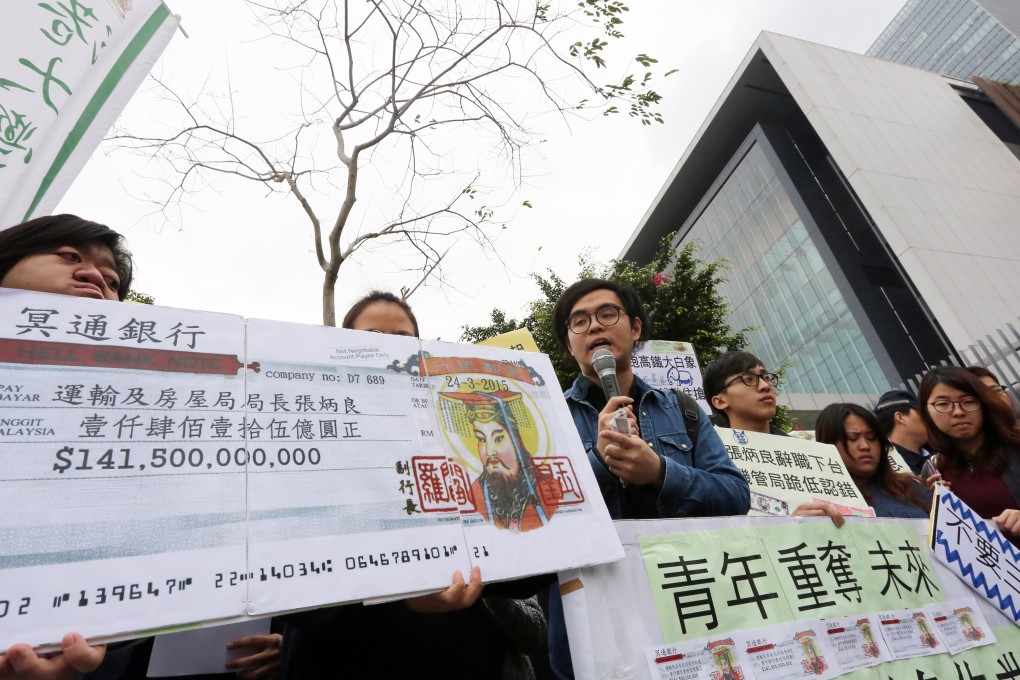Opinion | Opponents of third runway are losing the argument and public support
Albert Cheng says to galvanise the Hong Kong people, activists must focus on the real reason the airport plan won't work - airspace issues

Since the Executive Council's decision last month to bypass the legislature to fund a third runway at Chek Lap Kok, concern groups have tried various tactics to derail the project. Their actions have so far failed to gain traction.
Several grass-roots bodies have launched signature campaigns. Others have demonstrated at Hong Kong International Airport. Yet, there is no sign of the protests snowballing into a mass movement similar to the one in January 2010, against the local section of the express rail link to Guangzhou, when legislators who voted in favour of the scheme had to be escorted by police to safety amid a sea of angry protesters.
The absence of popular support stems from the groups' failure to articulate why the runway is unacceptable. The arguments put forward by their leaders simply do not resonate with citizens.
In a recent newspaper article, activist Eddie Chu Hoi-dick said: "The overwhelming majority of Hong Kong citizens, while paying attention to the third runway controversy, have no intention at all to reflect on their way of life, which involves taking more and more frequent flights."
To follow through on his logic, the best solution to airport congestion is to fly less. This anti-development attitude may be popular within a small circle of "progressive" youths. Yet, it borders on the ridiculous and can hardly serve to galvanise support for their campaign.
Other activists insist it is unfair for the public to foot the bill. They argue that the airline companies should pay because they stand to benefit most. Taxes aside, airliners have to pay various fees and charges to park and use the airport facilities. It is unheard of for them to also be held financially responsible for the construction of terminals and runways.
